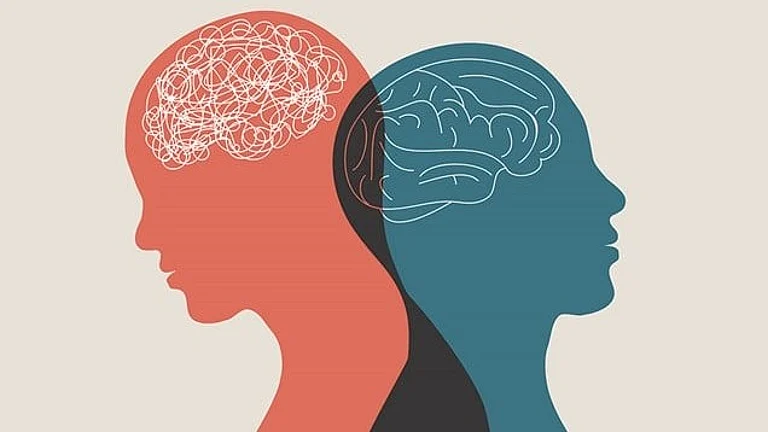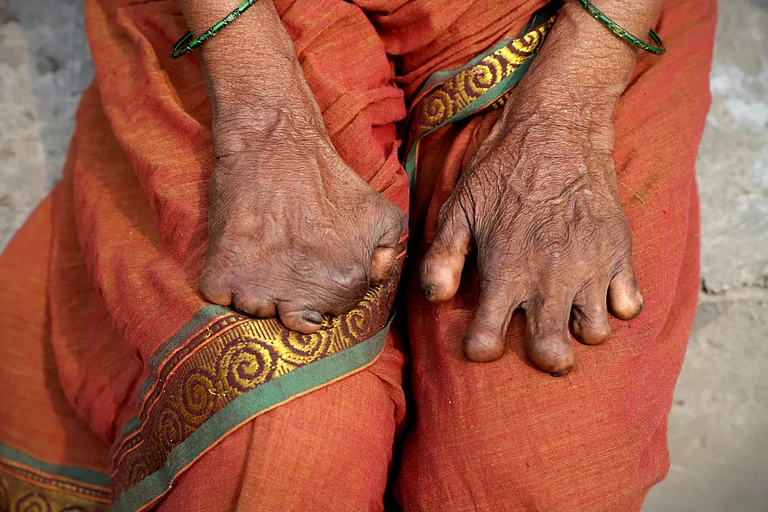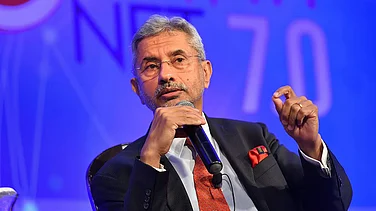
Summary of this article
Compared to decades ago, psychiatric treatments are more widely available in India.
Yet, the vast majority of the population that requires mental health care in India are out of treatment.
The stories in this issue are neither immersive tragedy nor exceptional inspiration, they represent truth.
What does freedom mean for someone whose mental health condition disqualifies them from employment in the eyes of society? To those attempting to navigate between seeking help and facing social exile? To people growing up in conflict, to those witnessing daily indignities and violence foisted on their communities? We collaborated on this special issue because freedom is but a distant dream when millions remain marginalised and mental health differences further this exclusion; their stories demand attention in our national conversation.
Compared to decades ago, psychiatric treatments are more widely available in India. As indicated by research and clinical experience, treatments themselves have improved, with reduced physical side effects and better outcomes. There is also an expanding array of complements to medications, interventions that offer a chance to experience quality of life, agnostic of clinical status. Yet, the vast majority of the population that requires mental health care in India are out of treatment. Among those who access, adequate continuity in care, lack of personally meaningful outcomes such as returning to work and downward drifts into poverty and homelessness are common.
Millions of Indians navigating mental health needs simultaneously confront gender violence, caste discrimination, religious persecution, extreme poverty and other forms of marginalisation. They face compound burdens, what scholars call ‘double jeopardy’, social inequities layered atop mental health stigma. One part of stigma is alienation of people with psychosocial disabilities from social and economic spaces. The other rests in the low priority and lack of resources, including the work needed to build better therapeutics, to advance mental health across the population.
The special issue is our attempt to center these aspects of mental health as an issue of freedom through testimonies that reflect the layered realities of mental health in contemporary India: of women living with serious mental illness and histories of homeless, families shattered by mob lynching, undertrials forgotten by justice, Kashmiris navigating decades of conflict, Doms engaged in historically caste-mandated professions and more.
Every person living with mental illness whose voice and perspective shapes this issue had a tale to tell, wanted to as an ambassador, and chose whether they wished to anonymise or attach their identity to their stories. Through this, in however small a measure, they found the freedom to speak their experiences despite stigma and resist narratives that reduce complex human experiences to simple categories of ‘cured’, ‘uncured’.
Their stories arrive at a crucial moment. As we enter our 79th year of Independence, we are grappling with economic uncertainty and social fragmentation. Mental health affects every corner of Indian society, yet our national dialogue, while emerging, is limited. We can no longer afford conversations that exist solely in metropolitan therapy rooms or academic conferences.
Freedom cannot exist in a vacuum when significant portions of the population face systemic oppression, when they lack access to dignified mental healthcare, when seeking help carries risks of social exclusion, when continuing necessary care is disrupted by socio-economic conditions or when a diagnosis becomes grounds for exclusion from opportunities to thrive. Freedom requires resisting and dismantling the social orders that produce such disparities.
Through these voices, we hope to spark conversations in drawing rooms across India that reflect on mental health experiences in all their diversity. We want readers to understand that supporting mental health means recognising it as inseparable from human dignity, social justice, and authentic freedom.
To this end, the stories on these pages are neither immersive tragedy or exceptional inspiration, they represent truth. And truth, however ambiguous or uncomfortable, is the foundation of any meaningful social change.























